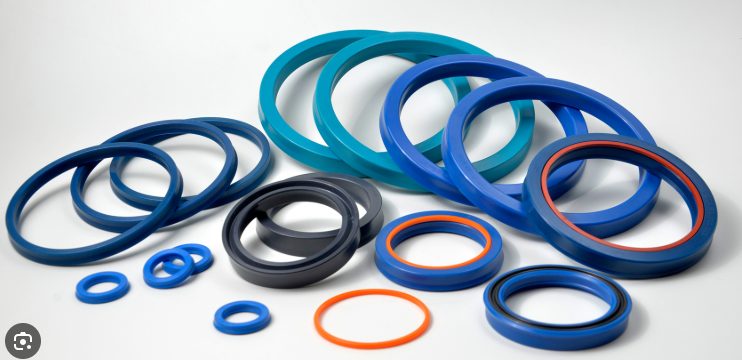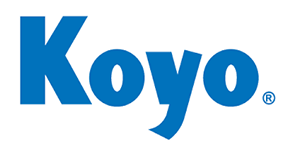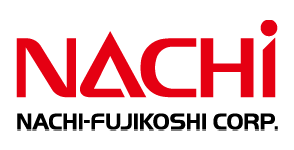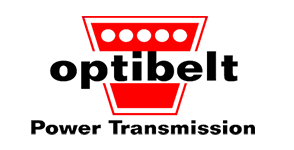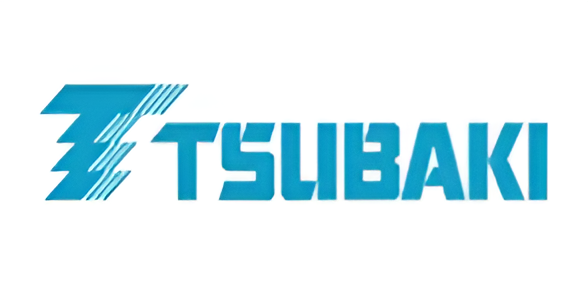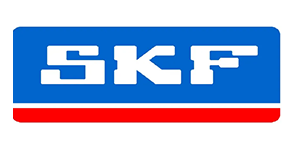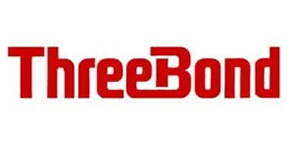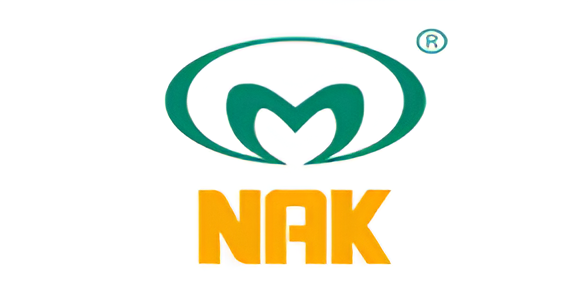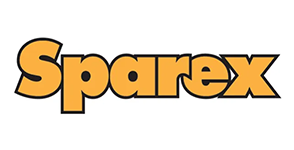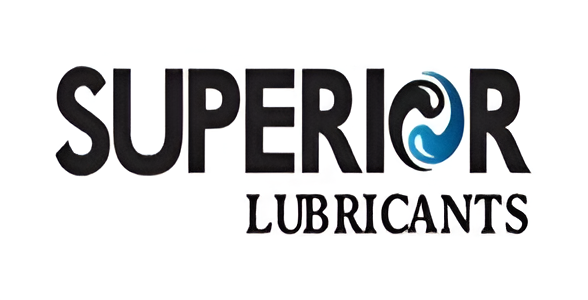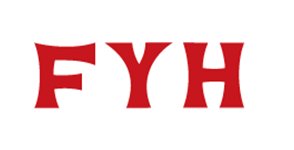Seals on the Mid North Coast
- Fast delivery across the Mid North Coast
- Stocked with trusted, quality brands
- Knowledgeable, hands-on customer support
Request a call back
Thank you for contacting Mid Coast Bearing Centre.
We will get back to you as soon as possible.
Oops, there was an error sending your message.
Please try again later.
Mid North Coast Seals
Ensure your machine's moving parts are protected from leaks with a quality seal from Mid Coast Bearing Centre. Our quality products are long-lasting, versatile, and perfect for industrial and agricultural environments.
Whether you're working in harsh outdoor conditions, managing high-speed rotating equipment, or dealing with high-pressure systems, our sealing products are designed to maintain performance and reliability where it matters most. While we supply specialist pieces like CR Scotseals and Speedi-Sleeves, we also offer a number of other seal solutions, which you can check out below.
Our range includes everything from oil seals to V-rings, shaft seals, and custom sealing solutions to suit unique machinery specifications. These seals are made to prevent contamination, retain lubrication, and minimise wear on critical components, helping extend the lifespan of your equipment and reduce costly breakdowns.
With decades of experience behind us, we can help you choose the right seals for your application—no guesswork, just solid, reliable solutions. Whether you're in agriculture, mining, construction, or heavy transport, we stock the seals you need to keep your equipment running leak-free and at peak performance.
Contact our team today at 02 6552 3699 to find the perfect match for your setup.
Unmatched Protection & Performance
Whether you're managing heavy machinery, agricultural equipment, or industrial systems, having the right seals in place is essential to keeping things running efficiently. At Mid Coast Bearing Centre, we stock a wide range of quality seals for all purposes.
Oil & Grease Seals:
Seals are used to secure the opening between rotating and stationary components. Their main job is to retain media, block contaminants, and manage low pressure. Available in a wide range of sizes and materials.
Hydraulic Seals:
Designed with flexible lips, these seals handle the transfer of liquid power and come in various materials to suit all types of machinery.
V-Rings:
These versatile seals work as primary or secondary barriers. Our team can help you find the perfect size and type for your needs.
Even top-quality seals wear over time. Contact our Taree team today for expert advice and fast replacements.
What are the different types of seals used in machinery?
There are several types of seals commonly used in mechanical and industrial equipment, each designed for specific applications. Oil seals (also known as shaft seals) are used to retain lubricants and prevent contaminants from entering rotating shafts. Hydraulic seals are essential in systems where liquid pressure is used to transmit power, such as in pistons or cylinders. V-rings serve as secondary seals that protect primary seals from dirt and moisture. Each type of seal varies in material, shape, and resistance to heat, pressure, and chemicals, depending on where it's used.
How do I know when a seal needs to be replaced?
There are several signs that a seal may be failing or due for replacement. Common symptoms include visible leaks of oil, grease, or hydraulic fluid, unusual noises or vibrations coming from moving parts, and reduced system performance. In hydraulic systems, pressure loss or erratic movements may indicate worn seals. Physically inspecting the seal for cracks, flattening, brittleness, or uneven wear can also confirm deterioration. Since seals are often subject to harsh conditions—including friction, heat, and exposure to chemicals—they naturally degrade over time. Replacing seals before they fully fail can prevent damage to nearby components and avoid costly downtime.
Can seals be reused, or should they always be replaced?
In most cases, seals should not be reused. While it may seem cost-effective, reusing old seals can lead to poor sealing performance, leaks, or mechanical failure. Once a seal has been compressed or exposed to wear, it may lose its original shape and elasticity, which are critical for maintaining a proper seal. Additionally, removal and reinstallation can damage the seal or the surface it seats against. For safety, reliability, and efficiency, it’s best practice to install new seals whenever a machine is serviced or disassembled.

